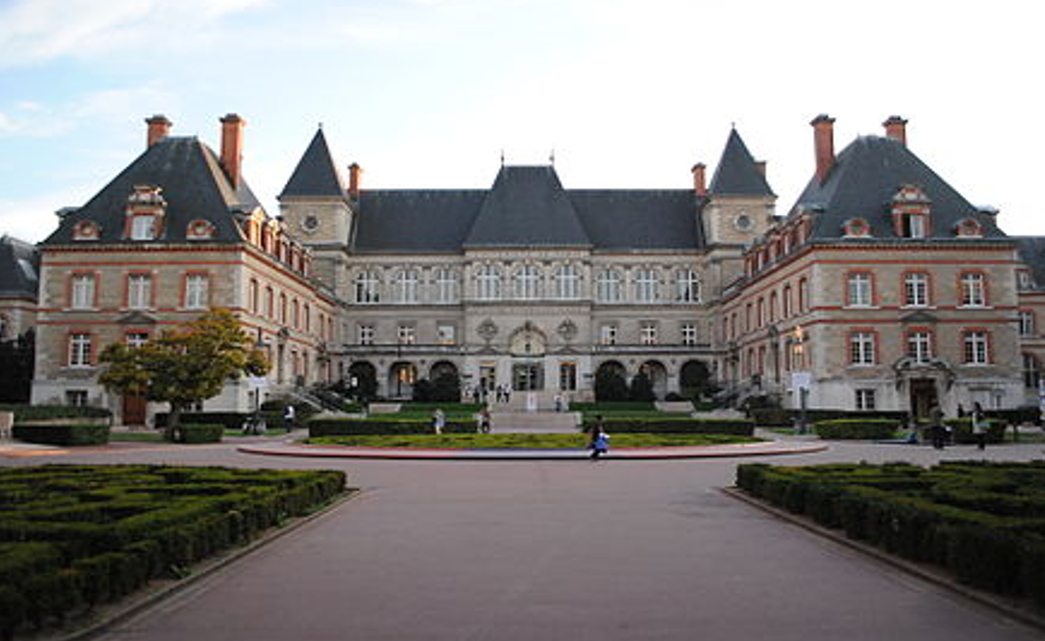Author: Curzio Fossati
Subcommittee: Academic
Date: 23/05/2023
Some interesting academic publications that are of close interest to the EPPO have been published recently.
Anabela Miranda Rodrigues, Adán Nieto Martin, María Acale Sánchez and Miguel João Costa have published a new book on EPPO entitled “Procuradoria Europeia e Criminalidade Económico-Financeira. La Fiscalía Europea ante la Delincuencia Económica y Financiera”.
 The list of authors includes Professor Alejandro Hernández López, Associate Professor of Criminal Procedure at the University of Valladolid, Chair of the Academic Subcommittee of STEPPO. The publication is the result of the conference held on 30 June and 1 July 2022, organised by the Portuguese and Spanish Groups of the International Association of Penal Law (AIDP – Associação Internacional de Direito Penal) in collaboration with the Institute of Economic and European Criminal Law (IDPEE – Instituto de Direito Penal Económico e Europeu) and the Faculty of Law of the University of Coimbra. The e-book is available on the website www.aidp-pt.org.
The list of authors includes Professor Alejandro Hernández López, Associate Professor of Criminal Procedure at the University of Valladolid, Chair of the Academic Subcommittee of STEPPO. The publication is the result of the conference held on 30 June and 1 July 2022, organised by the Portuguese and Spanish Groups of the International Association of Penal Law (AIDP – Associação Internacional de Direito Penal) in collaboration with the Institute of Economic and European Criminal Law (IDPEE – Instituto de Direito Penal Económico e Europeu) and the Faculty of Law of the University of Coimbra. The e-book is available on the website www.aidp-pt.org.
Salvador Guerrero Palomares has published a new monograph entitled “Tratado sobre la Fiscalía Europea y el procedimiento penal especial de la L.O. 9/2021 de 1 de julio (Dúo)”. The book is based on the joint work of 29 experts from the Spanish European Public Prosecutor’s Office, academics, and lawyers. It analyses and comments all the organic, institutional, and procedural aspects of EPPO and the special criminal procedure for the investigation and prosecution of offences within its jurisdiction, established in Spain by the L.O. 9/2021, adopted on July 1, 2021.
 It is also worth mentioning that in September 2022 the ILA (International Law Association) has published the “White Paper 3 – Fighting Corruption”, based on the committee members’ expertise, public information and literature and a set of interviews with numerous stakeholders representing academia, civil society and private sector. The White Paper gives a special mention to EPPO (on page 33) as the main remedy at European Union level for the lack of coordination and cooperation between national authorities in the fight against corruption. The paper is available at this link.
It is also worth mentioning that in September 2022 the ILA (International Law Association) has published the “White Paper 3 – Fighting Corruption”, based on the committee members’ expertise, public information and literature and a set of interviews with numerous stakeholders representing academia, civil society and private sector. The White Paper gives a special mention to EPPO (on page 33) as the main remedy at European Union level for the lack of coordination and cooperation between national authorities in the fight against corruption. The paper is available at this link.
The article “EPPO’s material competence and its exercise: a critical appraisal of the EPPO Regulation after the first year of operations” was issued in the ERA Forum review in February 2023 (available at this link). The paper identifies some of the challenges EPPO faces in exercising its material competence and examines whether the current EPPO founding Regulation places EPPO in a structural imbalance vis-à-vis the national authorities with which it shares competences.
A further recent academic publication on the EPPO is the article “The establishment of the European Public Prosecutor: Integration with limited supranationalisation?“, written by Laura Schmeer (Research Fellow at the Université libre de Bruxelles), and published in the Journal of European Integration in March 2023. The article focuses on the relationship between the institutional design of the European Public Prosecutor and the sovereignty of Member States. It can be accessed through this link.
Finally, here are some new cases before the European Court of Justice related to EPPO:
- Kaili v Parliament and EPPO, Case T-46/23: an action for annulment of request to lift the parliamentary immunity of the applicant
- Stan v EPPO, Case T- 103/23: an action for annulment of a decision of a Permanent Chamber to bring a case to judgment for several offences and, on the other hand, to dismiss a case for other offences.
- A new referral for preliminary ruling from the Juzgado Central de Instrucción no 6 de la Audiencia Nacional (Spain) requesting the interpretation of Art. 42, par. 1, of EPPO Founding Regulation and Art. 7 PIF Directive.

